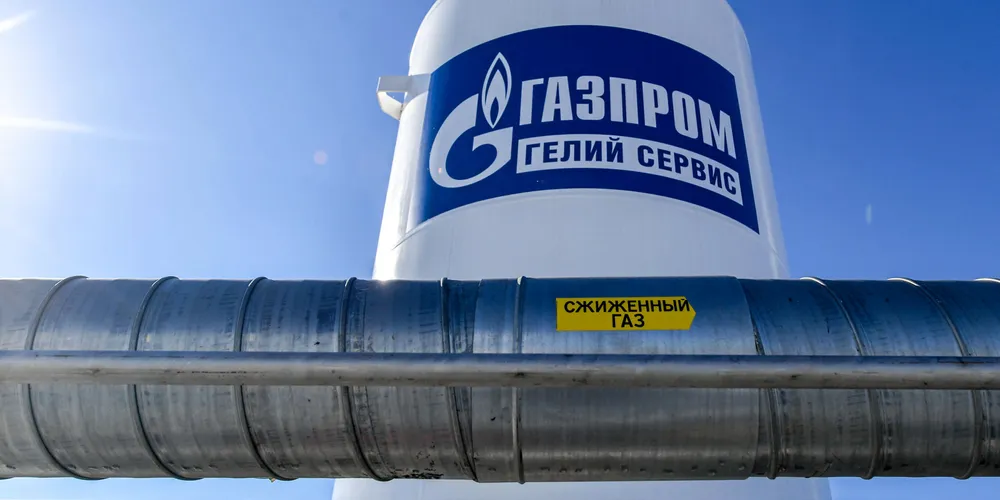Europe must fast-track new wind and solar to blunt 'weaponised' Russian gas: IEA
EU needs accelerated deployment of renewables as part of wide-ranging measures to reduce reliance on imports after Ukraine invasion, says International Energy Agency

EU needs accelerated deployment of renewables as part of wide-ranging measures to reduce reliance on imports after Ukraine invasion, says International Energy Agency
